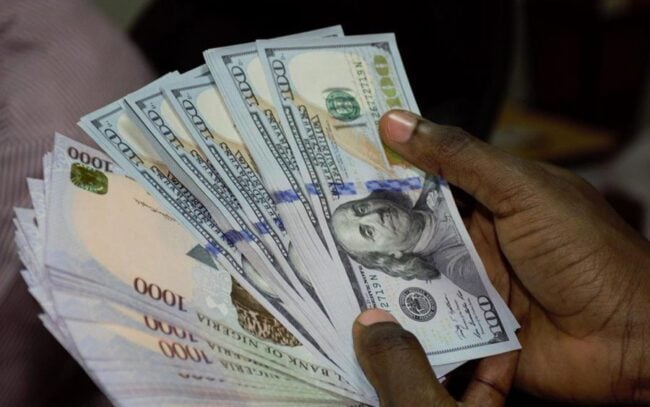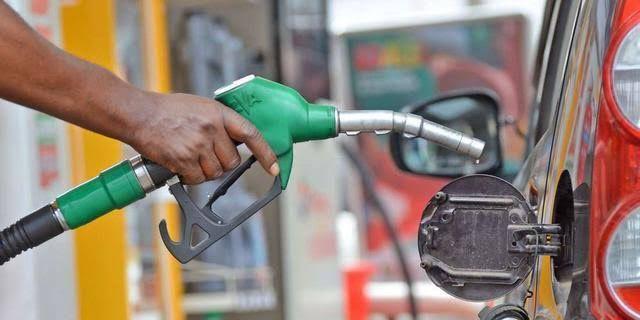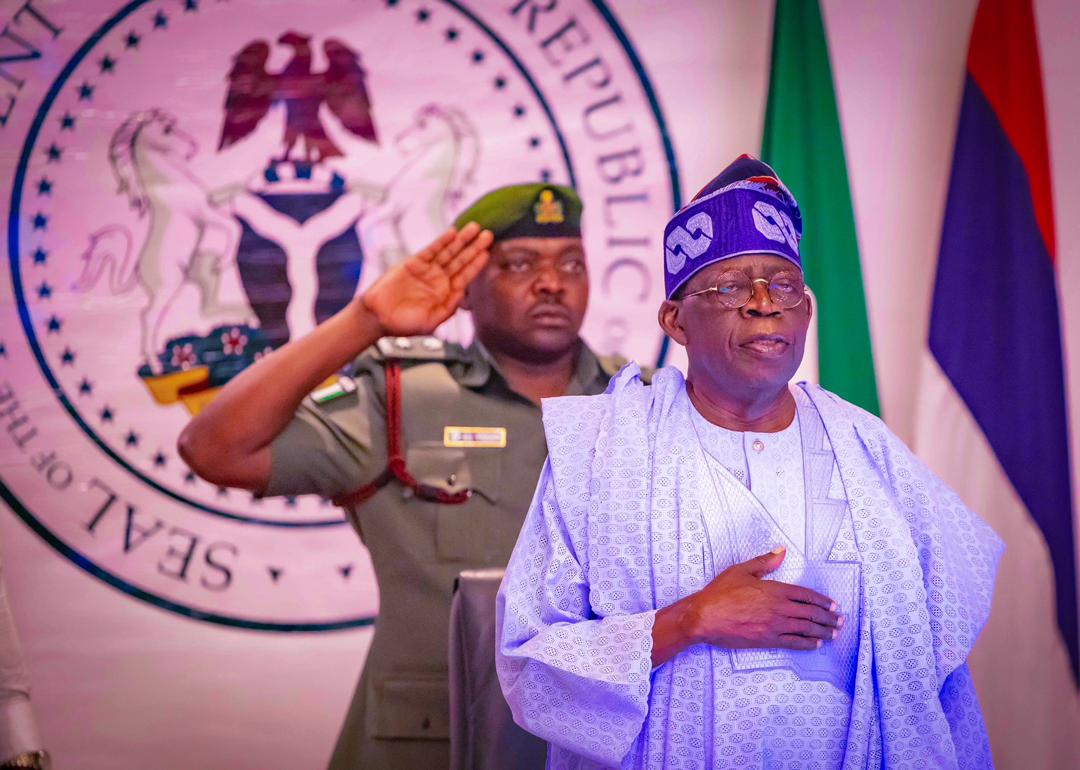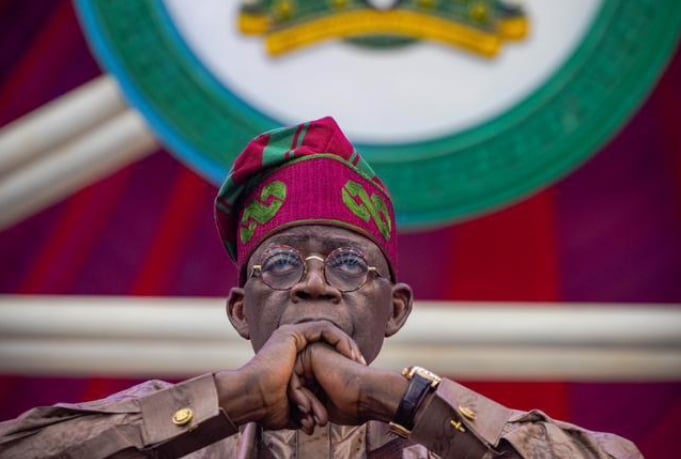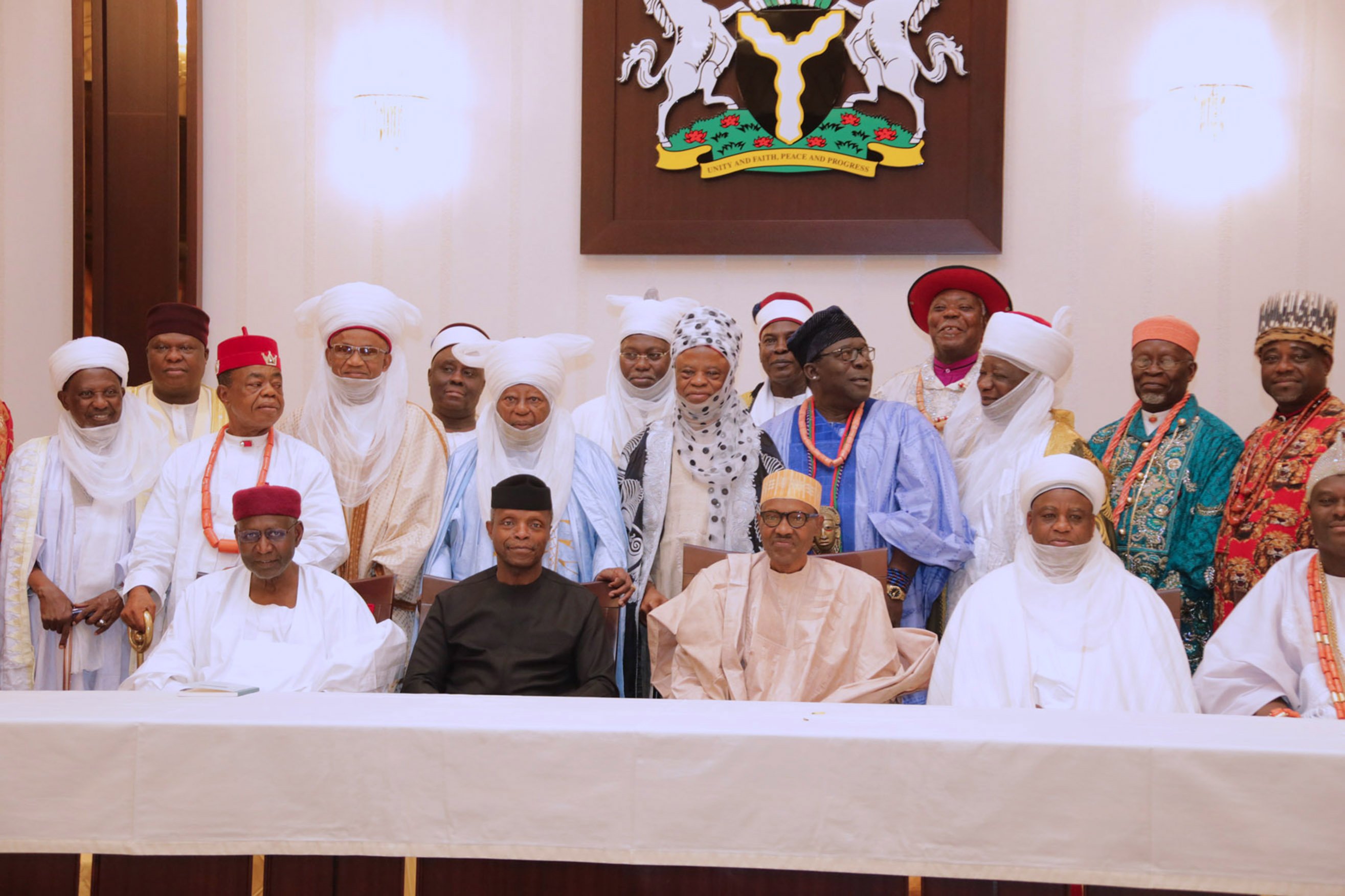So I was watching Arise the other day and, as usual, Rotus Odiri gave some sound education on intraday trades in the foreign exchange market, even quoting Thisday which was more cautious in their reportage of the controversy around whether the Central Bank of Nigeria (CBN) had devalued the naira. The truth is that during the course of trading in any liquid market, prices can swing wildly. Nigeria’s foreign exchange market, more than any other market in this realm, is highly liquid as Nigerians need FX for a sundry number of purposes – from foreign travel to foreign education to the importation of raw materials and machinery for manufacturing.
Nigerians even need foreign exchange to pay bribes to public and private sector principalities and powers, and even to hedge against the value of the Naira as we, unfortunately, do not have faith in our country (a matter that the new government must deal with very squarely). Apparently, a trade was cleared at N632 on the day reported by DailyTrust. Rufai as usual was not circumspect in his analysis or choice of words against DailyTrust and mocked the newspaper for quoting their recent awards by saying ‘even me I get awards here everyday!’. Well, that’s that.
The truth is that indeed the CBN had sold to a willing buyer on that day. And we hear that this has been the case for a while, but the CBN always ensures that the market closes at rates that it is comfortable presenting. Later on, we saw a tweet that claimed that the CBN has not delivered on forward FX contracts to its counterparties since 2022. Now, forward contracts are justiciable contracts between two parties to deliver on a certain agreement at a future date. If the CBN has reneged on such contracts, it could be sued. But more importantly, this dents the integrity of our markets and erodes confidence. Something needs to be done on this issue by the centrafank and it is good that somebody is brave enough to speak about the matter.
Back to the issue, it must be noted that intraday quotes or even glitches in the market cannot be presented as devaluation. Devaluation is a big word that speaks of deliberateness and near permanence. Some middle or upper-class people hold cash and assets in dollars and would always push such news so as to gain more advantage over the rest of us. In truth, devaluation has not solved any problems in Nigeria as far as I know since 1986 when it was first pushed as a major plank of SAP. We have not really become more productive.
Advertisement
Our exports have not sold like hotcakes as promised. We still majorly export crude oil, which volume is determined by the OPEC cartel, and price by international traders over whom we have no control. We have only created more poor people who cannot afford the many imported things we continue bringing into Nigeria. Funny enough it’s the same pushers of devaluation that also oppose any attempt to slow down importation, by swinging the mythology of the efficient market over everyone’s heads. Each time we devalue they always promise that our exports will be bought like hot puff puff but in truth, we have little if anything to sell.
Wise countries don’t just devalue anyhow. And the weaker your currency is the weaker you are as an economy and the higher the likelihood that your people will suffer especially if you can’t find the nerve to lock down and ensure they produce the things they need themselves. What is more? The same pushers of the devaluation mantra are the ones who are fully externalised in thinking. They are citizens of alternative western countries. Their children attend nursery schools abroad. They are bedecked with everything foreign. One is permitted to wonder if they care about the ultimate survival of Nigeria as they make no sacrifice and don’t care. In fact, one can conclude that they are only interested in consolidating the class system which favours them. China, which is often whipped out as a poster child of devaluation, is careful not to allow its currency to “become toilet paper” even as it is eager to make manufacturing exports cheaper. The Yuan/Dollar rate has hovered between 6-8/$ for a long time, not 600 to 800 or 6,000 to 8,000. Japan next door saw her currency dipping to over 600 to the US Dollar after the Second World War, but the same has now settled to about 140. Every country works hard not to fulfil Joseph Stalin’s dictum that ‘to destroy a country, first debauch its currency’.
And lastly, I wish to repeat here that we think about policy sequencing. The fuel price hike is enough shock therapy to deal with. Why not allow the people to settle down to that a little? Recall that Jonathan and Buhari tried deregulation and failed. Why compound with devaluation which also has significant inflationary implications? I documented exactly how devaluation undid the attempt by Buhari to deregulate in 2016. We should allow the fuel deregulation policy to marinate for a bit in the minds of people before devaluing our currency under any guise.
Advertisement
And what if we manage to get any of these refineries working? I’m hopeful about the Dangote; one as it’s private-sector driven. Will functional refineries not save us the $15 billion we spend importing fuel and vitiate the need to devalue? Do we understand the fact that the weaker our currency, the more expensive it is to develop properly because entrepreneurs will need a lot more money to import manufacturing equipment, spare parts, and machinery?
Countries have been known to hold down the rates just to enable entrepreneurs to get these machines more easily even though the ultimate solution is to develop your own science but that’s a long way off for Nigeria at this stage. And if the idea is to chase black market rates, we can never catch it as it will keep moving higher, the more you devalue officially. There are many underworld transactions in Nigeria and everywhere else in the world, that can never be taken to the official window. That is the truth. There is a black market for foreign exchange in every country in the world. Just that elsewhere apart from Nigeria, FX black markets are hidden away from view. In Nigeria, we have forgotten that it is illegal, we practice illegality in the open. Unfortunate,
So, DailyTrust must be careful whose interest is served by its reportage especially as the reporter did not quote any source specifically, and despite its doubling down on the reportage, we are yet to get any specific evidence of what trades were done at the much higher rate, the volume, and perhaps the reason behind that strategy. Of a fact, in what is known as the price discovery mechanism, such an outlying rate is an indication of future rates. But, sometimes, what they predict may turn out totally opposite. For example, if the Dangote Refinery, BUA Refinery, and other modular ones kick in, and Nigeria is saved the $15 billion we spend on importing fuel yearly, the Naira may become even stronger. Therefore, there is an element of patriotism required in these matters. In the US they don’t joke with anyone who tries to cause a speculative attack on their currency. Such persons have been brusquely sorted out over time. In China, they march such people to the firing squad.
Advertisement
Views expressed by contributors are strictly personal and not of TheCable.
Add a comment

